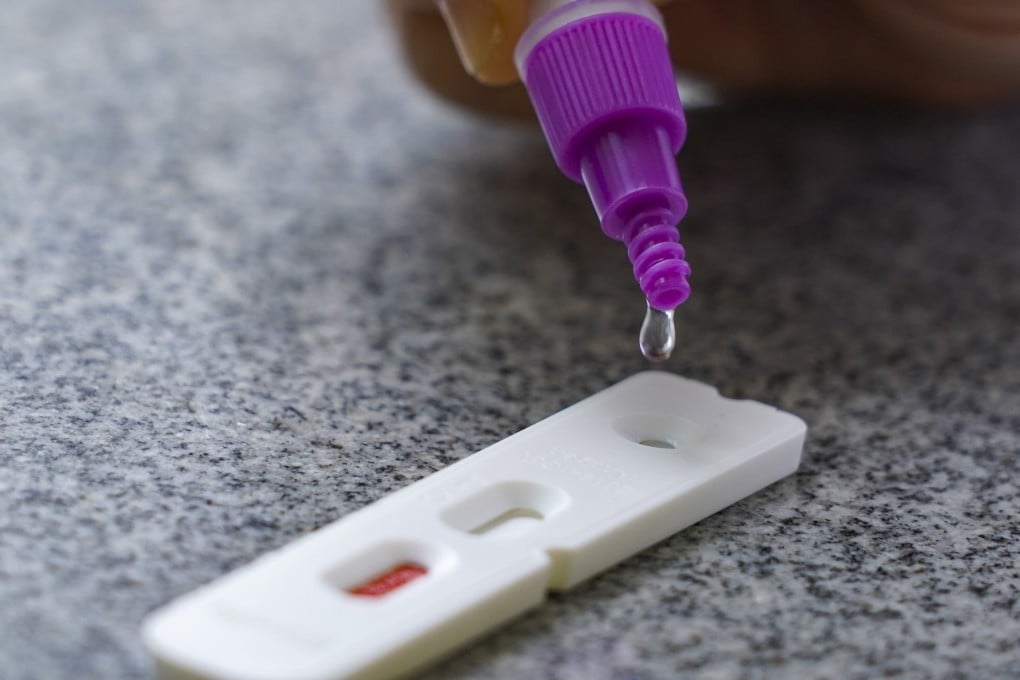Coronavirus: Hong Kong to drop mandatory tests for visitors to public hospital and care homes, lifting one of the few remaining rules
- Clinical staff at public hospitals and residents of care homes will also no longer be required to take a daily rapid antigen test
- Move is in line with latest epidemic developments and risk management principles, a government spokesman says

The government also announced on Wednesday that clinical staff at public hospitals and residents of care homes for the elderly and disabled would no longer be required to take a daily rapid antigen test (RAT).
“The lifting of the RAT requirement in public hospitals and RCHs [residential care homes] is in line with the latest epidemic developments and risk management principles, on a par with the measures for managing other upper respiratory tract illnesses,” a government spokesman said.
The RAT requirement had replaced a 48-hour polymerase chain reaction (PCR) test mandate for visitor entry and staff monitoring in public hospitals and care homes on March 1.

The government earlier lifted daily testing requirements for school staff and pupils. But arrivals are still required to undergo pre-departure RAT or PCR tests.
Grace Li Fai, an executive council member of the Elderly Services Association of Hong Kong, said the daily RATs had become a gesture rather than an effective measure, as there had not been any outbreaks or a rebound in cases since the border with mainland China fully reopened in February.